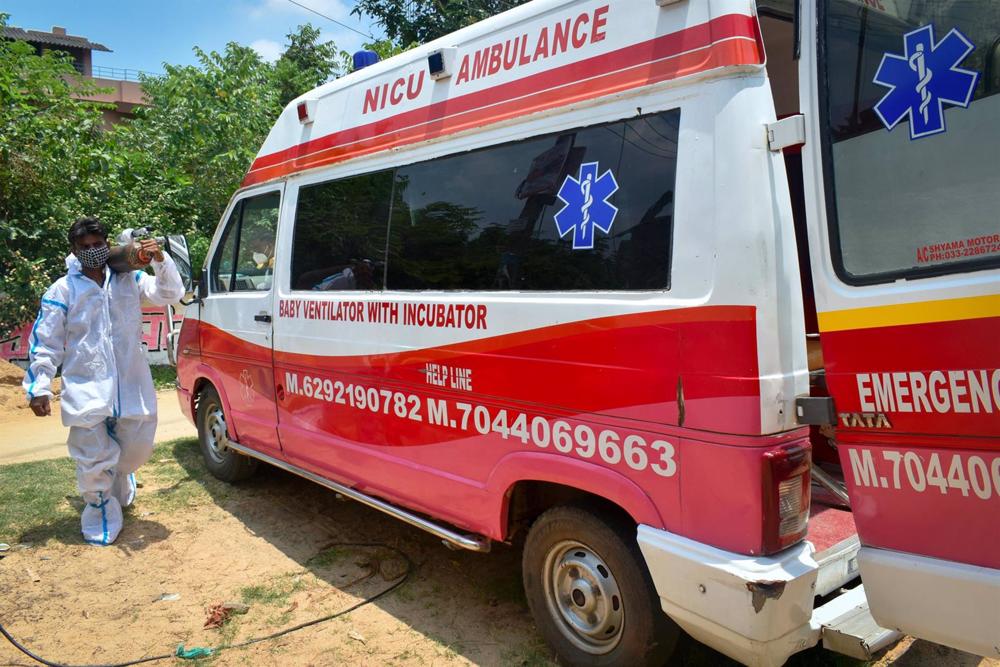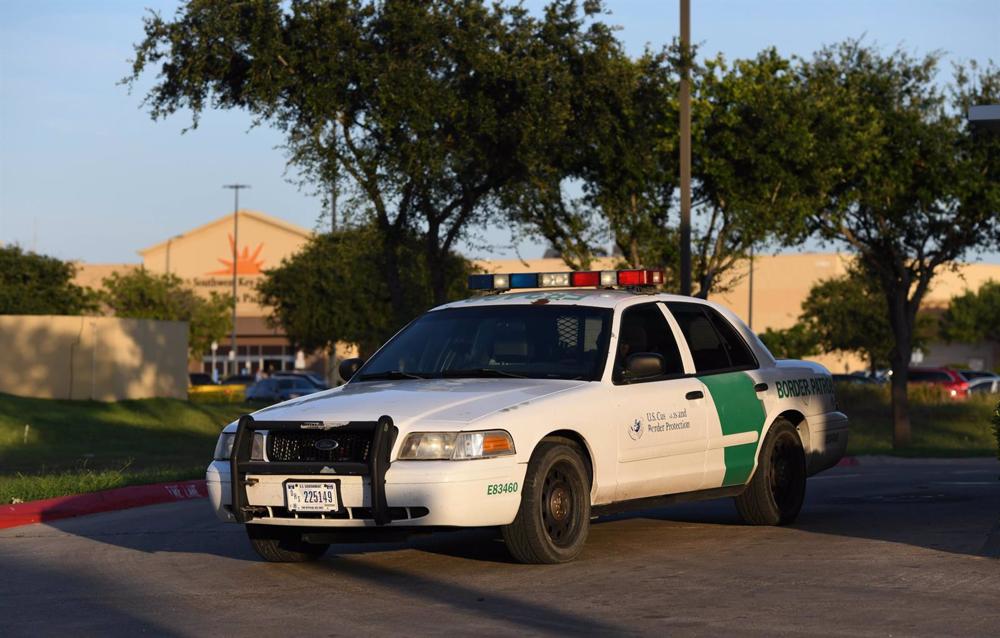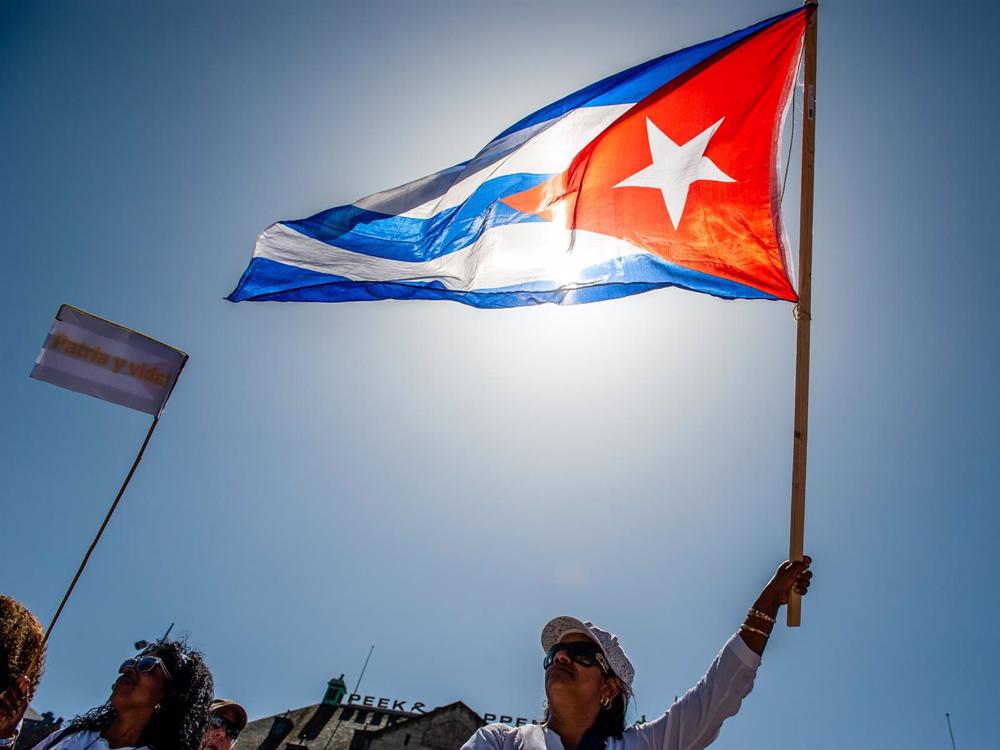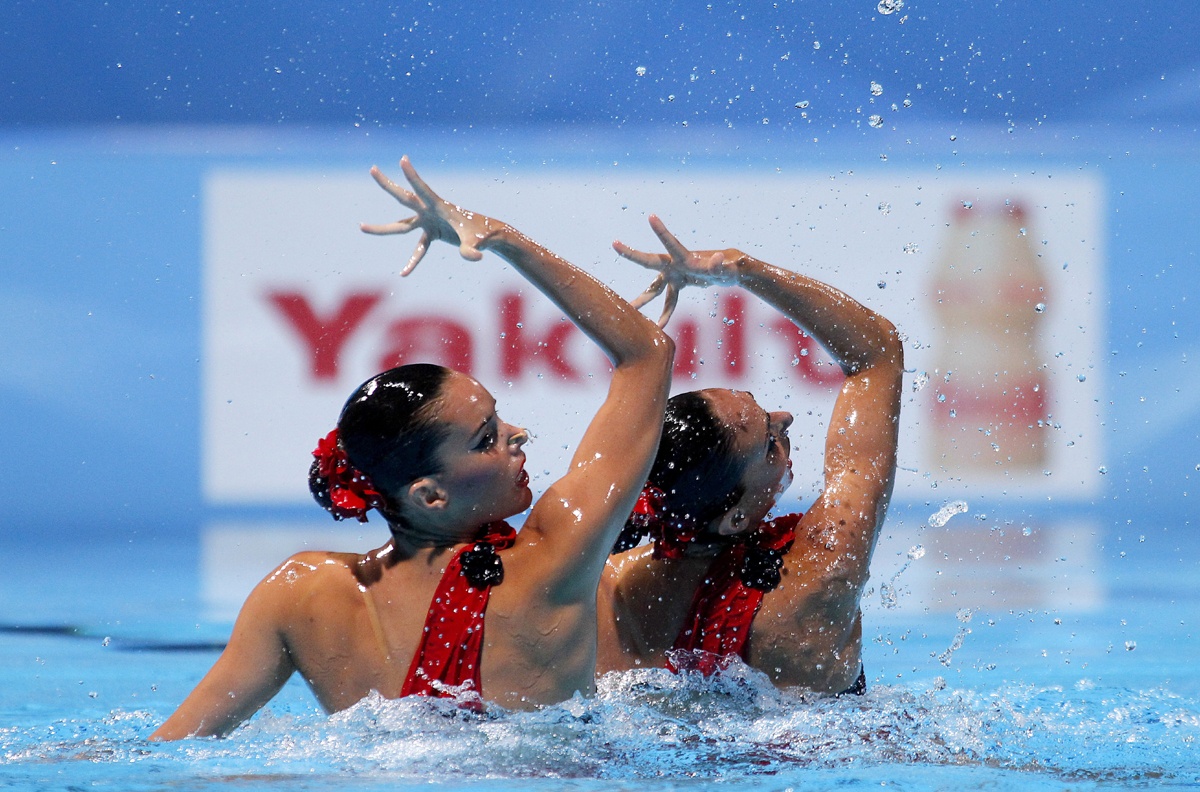
The March 23 Movement (M23) announced Tuesday that it is ready to withdraw from the fighting in eastern Democratic Republic of Congo (DRC) and has asked to meet with the authorities, amid rising tensions between the DRC and Rwanda, a country suspected of financing the armed group.
The rebel group announced Tuesday its intentions to withdraw from the occupied territories and to maintain the cease-fire through a communiqué, shortly after the Rwandan government criticized the «erroneous and misguided» position of the international community regarding this conflict.
The announcement of the M23 also comes after the DRC authorities this week raised to 272 the death toll after a massacre in Kishishe, in the province of North Kivu (east), for which the rebel group has denied any responsibility.
As part of a summit in Angola’s capital Luanda last month to advance the normalization of diplomatic relations, DRC and Rwanda agreed to a ceasefire as well as a withdrawal of M23 from areas recently conquered by the rebel group in North Kivu province.
Relations between the DRC and Rwanda have been in crisis since the massive influx of Rwandan Hutus into eastern DRC accused of massacring Tutsis during the 1994 Rwandan genocide.
Tensions rose again in May, when the Congolese government summoned the Rwandan ambassador to denounce the alleged support of the country to the M23, something rejected by Kigali, which claims that Kinshasa gives support to the Democratic Forces for the Liberation of Rwanda (FDLR) to perpetrate attacks in Rwanda.
The M23 has been accused since November 2021 of carrying out attacks against Army positions in North Kivu, despite Congolese authorities and the M23 signed in December 2013 a peace agreement following fighting since 2012 with the Army, which was supported by UN troops. UN experts accused Uganda and Rwanda of supporting the rebels, although both countries denied it.






